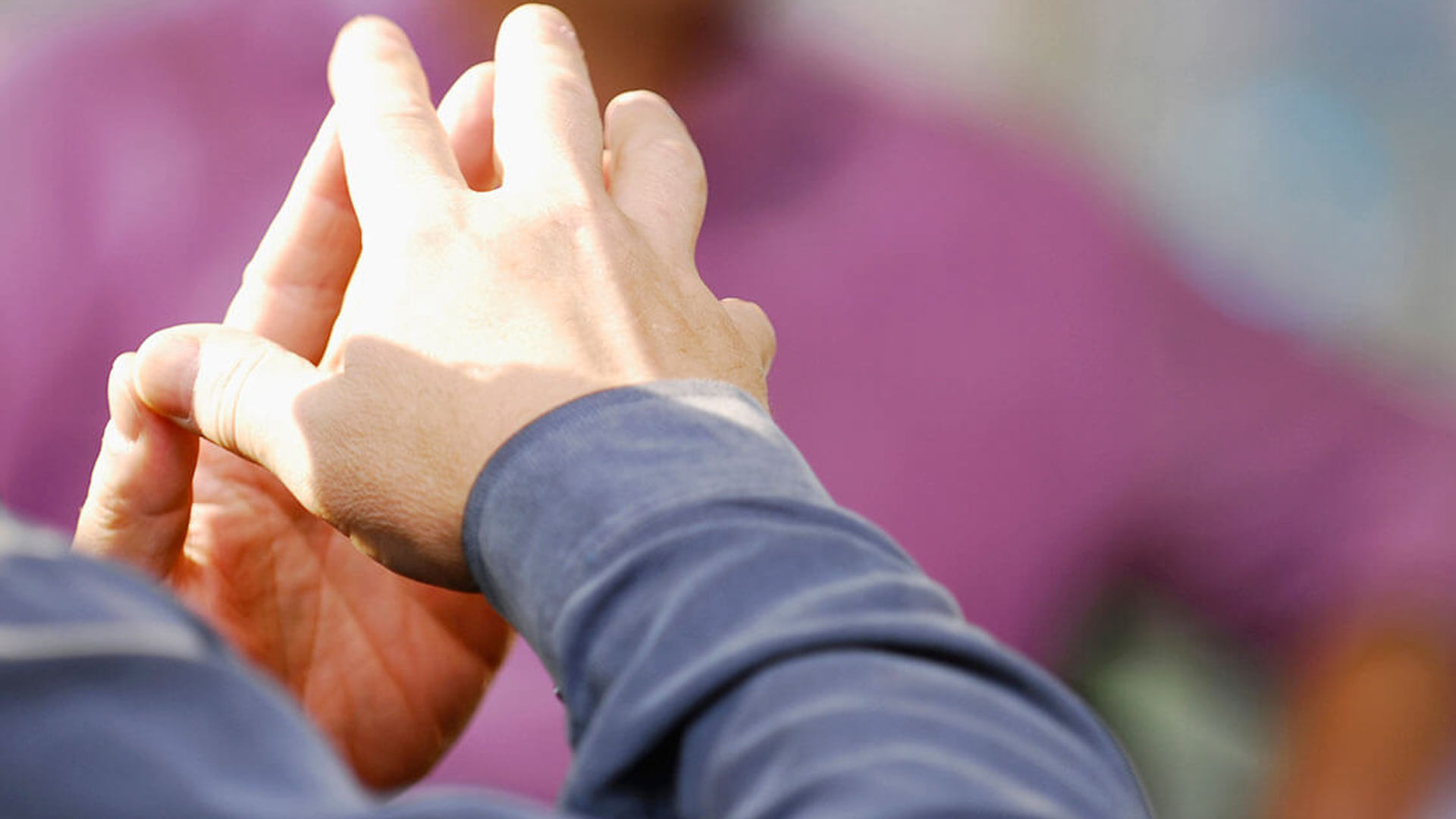
The pressures and expectations of the modern man
Calling all men…. Are you hard on yourself? Do you understand your role? Do you know where you fit in modern life? Do you even know what is expected from men?
If you have difficulties answering these questions then you are not alone. The mental health of many men is affected by the pressures and expectations of the modern world. This can lead to issues such as anxiety, depression, self-harm, addictions and obsessional thinking.
‘Boys don’t cry’ – an outdated message from socialisation
Men are often socialised to be the ‘designated fighters’, particularly in emergency situations. Boys enjoy a little bit of rough and tumble as kids. This rough and tumble can be a method of practising fighting later on, just like lion cubs. The traditional role of boys has been to provide and protect. The message that ‘boys don’t cry’ comes from this need and not to be seen as emotional wrecks. However, traditional gender roles and societal expectations are gradually changing. Men don’t always have to be the providers and protectors.
The pressure of masculinity can have a severe negative impact on men accessing help. The statistics of poor mental health for men are alarming. In the UK, suicide is the most common cause of death for men aged 20-49 years. Men are three times as likely to take their own lives than women and the highest suicide rate is for men aged between 45-49. Men are socialised not to share their feelings and to believe that any problem that they encounter should be solved by them alone. This can partly explain why men are reluctant to engage with support services.
Things don’t have to reach crisis levels before seeking help
Traditionally, issues around the ‘mental health debate’ appear after in the media dramatic news event such as a high-profile suicide. This is slowly changing though; thanks in part to high profile campaigns such as Ask Twice, led by Time to Change. Campaigns such as these are helpful as they send the message that it is acceptable to share your feelings. Also that things don’t have to reach crisis levels before men can seek help.
Whilst every death is one too many, the trend of male suicide has been dropping in recent years. The so-called ‘mental health debate’ is gradually becoming more open and real with increasingly more men disclosing their struggles with anxiety, depression, sexual abuse, self-harm, addictions and loneliness.
‘Man up’ messages can be toxic
So often any public sharing of poor mental health is seen as a confession of failure. It is rarely acknowledged as proof and demonstration of mental and emotional strength. Men with the courage to share their vulnerabilities may be met with the familiar phrase ‘man up’!’ Toxic messages such as these can sometimes add to the pressure on men who are trying to not be too hard on themselves.
With the decline of traditional industries there are more pressures on men to find meaning and purpose in the workplace, particularly with rapidly changing technologies and in a post-industrial age. Men often struggle with the pressures and expectations of the modern man, not knowing which role they should play, whether they are the breadwinner (with the risk of being ‘objectified’ by their salary), the gentleman (the pressure to be the instigator), the leader (the pressure to provide and protect) or the defender (the knight protecting fair maidens). It is by no coincidence that the highest rate of self-harm for men takes place in traditional male workplaces such as farming and forestry, construction and the armed forces.
How psychotherapy can help
Sometimes men, especially from working-class backgrounds, engage more meaningfully with other men in groups or find sports to be a safe outlet for frustration, anger and stress. These types of thematic behaviours can often be hidden within the psyche but can be unveiled through exercise and in group settings. The link between being physically active and having better mental health has even seen the rise in walk and talk therapy.
Often men will only seek help when there is an insurmountable crisis in their lives. Also men can be ‘put off’ by the female centred, one to one, therapy space.
The message for men is this: ‘You do not need to suffer in silence.’
Psychotherapy can provide a safe and confidential environment to explore meaning and purpose in life. It is important to find an environment where you feel comfortable to express yourself. An environment where you do not feel judged. A place to be understood.
The United Kingdom Council for Psychotherapists can help you find an expert therapist near you.
You can also find support by contacting:
CALM (Campaign Against Living Miserably) helpline (Daily 5pm – 12am): 0800 58 58 58 (nationwide) or 0808 802 58 58 (London)
The Samaritans 24-hour helpline, call: 116 123
NHS (England), call: 111
NHS Direct (Wales), call: 0845 46 47
Listen to our podcast where we sat down with Noel to discuss why men are so lonely.
Share
Like most websites, we use cookies. If this is okay with you, please close this message or read more about your options.


